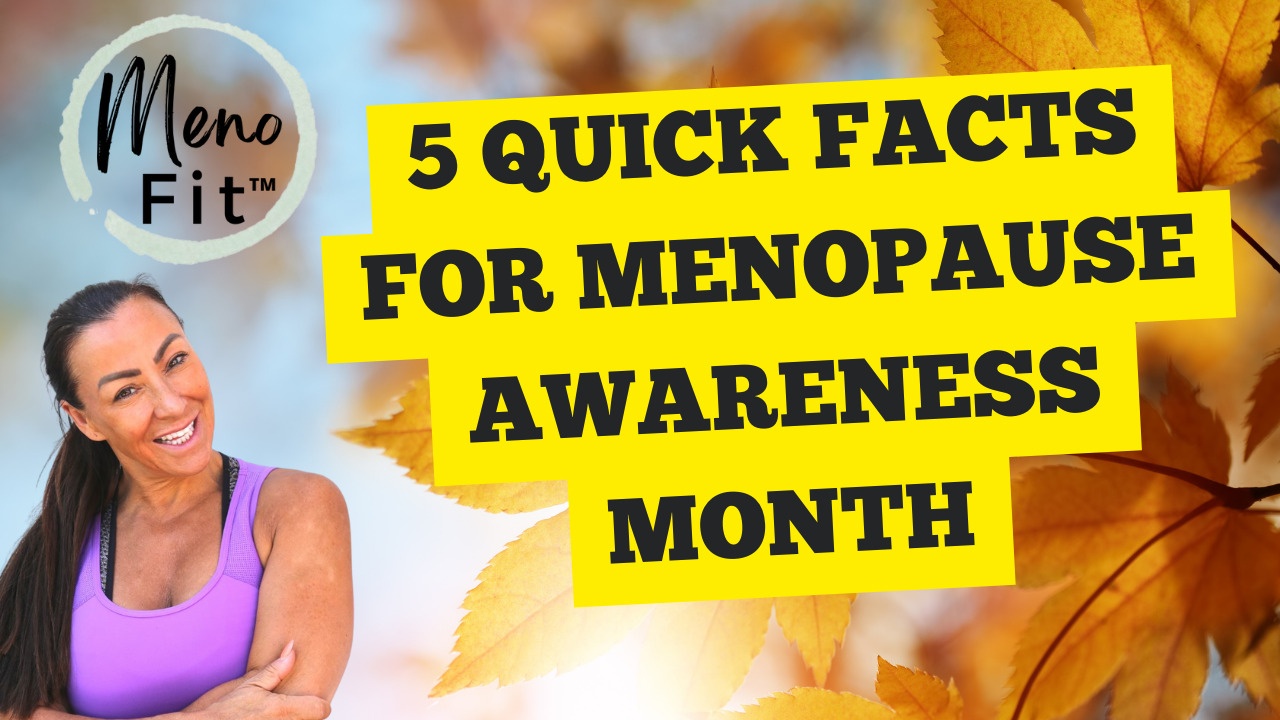
TOP TIPS TO PLAN YOUR SUMMER CLASS TIMETABLES
🌞 TOP TIPS TO PLAN YOUR SUMMER CLASS TIMETABLES 🌞(So you’re not scrambling last minute over Easter 🐣) 1️⃣ Audit what’s working NOW – Look

Menopause is a natural biological process that occurs in women as they age and marks the end of their reproductive years. Here are five key facts about menopause:
Join the MENOFIT™ Month for
MENOPAUSE Awareness Month
Starts 1st October
Masterclass 1st October Menofit™ ‡ Brainfit™
*DAILY Walkfit™ Class
*Daily 15 minute MENOFIT™ Workout
*MENOFIt™ Masterclasses and Talks
Weekly Check in, Meal Plan and Motivation
*Access to the Studio Live Facebook Community Group
£20 for the Month CLICK HERE TO JOIN

🌞 TOP TIPS TO PLAN YOUR SUMMER CLASS TIMETABLES 🌞(So you’re not scrambling last minute over Easter 🐣) 1️⃣ Audit what’s working NOW – Look

🔥 3 REASONS PILATES REFORMER CLASSES ARE IN SUCH HIGH DEMAND RIGHT NOW! 🔥 1️⃣ It’s trending HARD – Reformer Pilates is the “it girl”
Leg Ideas Overview 💪 Workout Structure & Weekly Split Monday: Shoulders & Back Tuesday: Legs (this video) Wednesday: Arms Thursday: Glutes & Abs

✨ 3 Reasons Fitness Pilates Could Be Your Most Popular Class on the Timetable ✨ 1️⃣ It’s in demand – More clients are looking for

🧘♀️ Fitness Pilates Virtual Training Course🎓 25 April 2025 – 1-Day Special💻 Live via Zoom | £327📍 9AM – 5PM with Rachel Holmes & Kelly

🚨 FITPROS, PTs & INSTRUCTORS 🚨Need a boost for your fitness business? 💥 Join the Rachel Holmes FitPro Supporters Group – a powerhouse community of



For all events booking enquires and qualifications information contact:
rachel@choreographytogo.com
Office Number 07976 268672